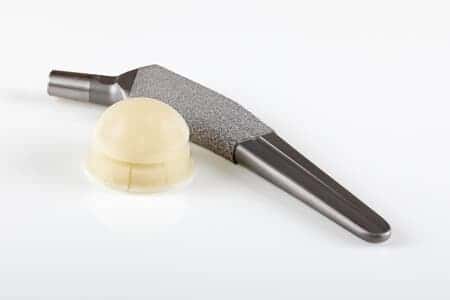Corrosion Expert Witness Discusses Defective Industrial HVAC Equipment
Updated on
Case Overview
This equipment design case involves a large scale industrial cooling solution that was employed by an agricultural producer in order to provide cooling to several essential areas. The units, which had been purchased from a leading provider of industrial cooling solutions, were all brand new, top of the line models. Despite assurances that the units relied on galvanized materials and other safeguards against corrosion, the units began to fail one after another after only a brief service life. It was discovered that the units were leaking refrigerant due to excessive vibrations, and had numerous failures all linked to corrosive damage. It was alleged that the units were defectively designed and manufactured.
Questions to the Chemistry expert and their responses
Do you have knowledge of the crucial role that commercial air conditions play in agricultural production and growth process?
Agricultural products need their environment within specific temperature and humidity ranges for proper growth. Air conditioning units that are designed correctly for safely and correctly handling the pressures, temperatures and environmental loads of which they will be exposed to and what they will need to control is crucial.
Are you able to opine on how unreliable air conditioning units can result in the loss of crops and in turn profits?
The continued vibration on the rotating equipment can lead to damage and leaks of the closed-circuit pressured refrigeration system. If not prevented, this vibration will become steady and exponentially result in greater damage. The units need to be correctly charged with refrigerant to correctly operate and avoid vibrations and excessive condensation or freeze up issues. The units shall correctly drain any water dehumidified as condensation correctly and not cause drain pan backups or heavy icing that can lead to warpage, vibrations, and damage to the units refrigeration coils (that can lead to leaks).
Please explain your experience in the HVAC industry?
The systems have rotating equipment (e.g. fans) that are crucial to be aligned (i.e. rotational shaft alignment) to avoid vibrations that will emanate throughout the units and cause structural damage. The design of the system with rotating equipment that is mounted and aligned correctly should run smoothly and not try to 'walk', 'move', or 'vibrate' the components of the air conditioning system. These procedures come from the manufacturer and must be implemented by a qualified maintenance servicer. If warranty work is done on the units, they must be done by a qualified servicer using the appropriate (i.e. precision tools) needed.
About the expert
This expert has over 25 years of experience in refrigeration maintenance. He received his associates degree in Refrigeration and Appliance service as well as a bachelors degree in science and industrial technology. He is a certified industrial refrigeration operator as well as certified by the ACCA in universal refrigeration transition and recovery. He began his career in industrial refrigeration technologies as an intern for The Marriot Corporation as a Maintenance Engineer. He then went on to work as a maintenance technician where he performed operations and maintenance of HVAC, refrigeration, lighting, plumbing, electrical, and general utilities and facilities. He has also previously been employed by the Sara Lee Corporation as a Facilities Engineering Manager where he performed and Oversaw Capital & Expense Projects involving expansions, renovations, and modification of the facilities, utilities, Ammonia refrigeration, HVAC, production equipment, high voltage, and boilers. He now works for the international institute of ammonia refrigeration where he provides responses to technical requests for the working knowledge of industrial refrigeration applications.

E-009706
Specialties:
Subscribe to our newsletter
Join our newsletter to stay up to date on legal news, insights and product updates from Expert Institute.
Sign up nowFind an expert witness near you
What State is your case in?
Subscribe to our newsletter
Join our newsletter to stay up to date on legal news, insights and product updates from Expert Institute.


